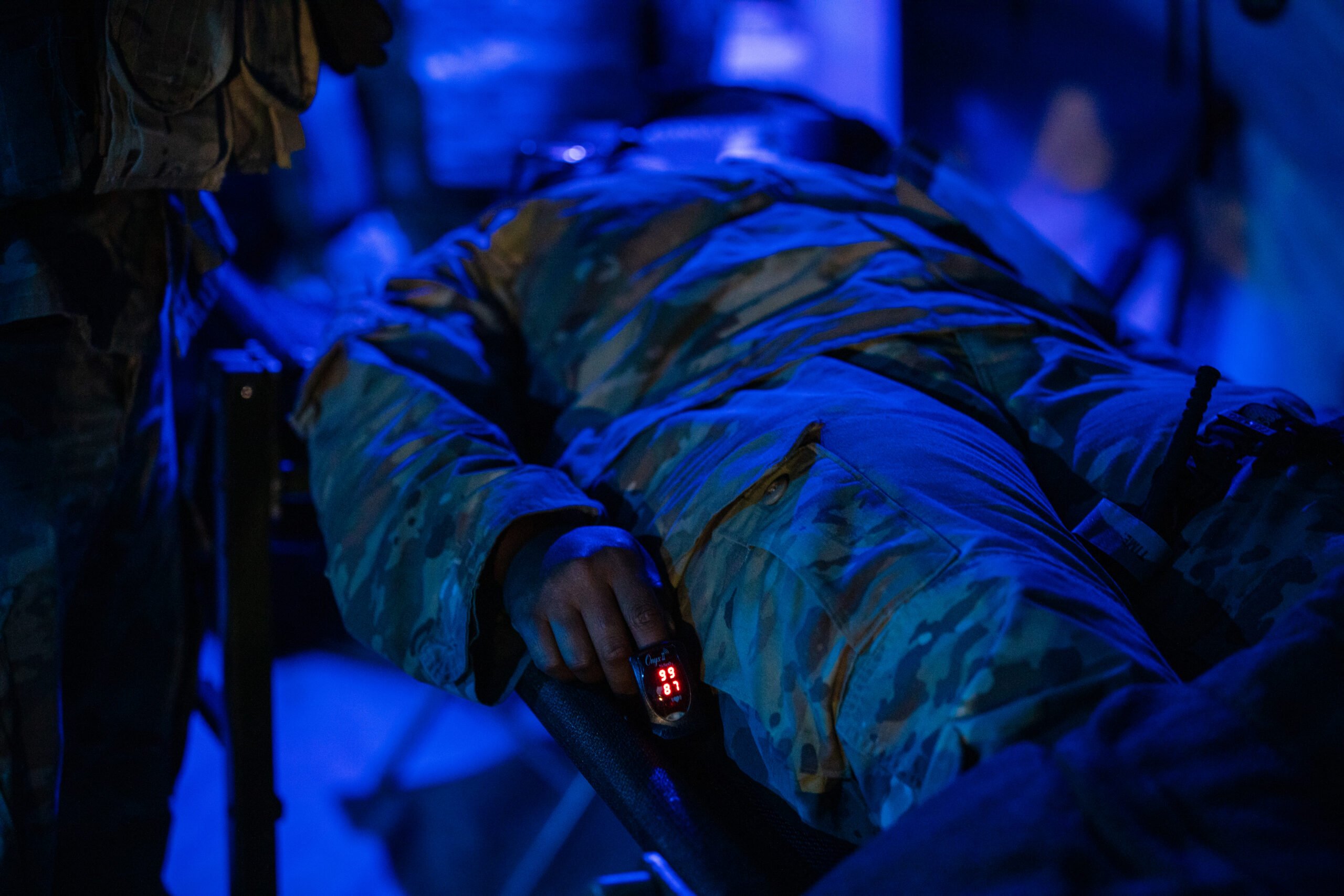The U.S. Defense Advanced Research Projects Agency (DARPA) is actively seeking innovative methods to modify red blood cells to enhance the performance and survival of troops operating in extreme conditions. This initiative comes under the Smart Red Blood Cells (Smart-RBC) program, which aims to redesign blood cells with advanced capabilities.
The goal of the Smart-RBC program is to engineer blood cells that can autonomously detect external biomarkers and make decisions about how to respond by releasing specific effector molecules. This capability could revolutionize how soldiers adapt to demanding environments, allowing them to maintain optimal function even under stress.
In order to meet these objectives, DARPA is collaborating with research institutions and private industry through its Biological Technologies Office. A formal call for proposals has been issued, with submissions due in November. Selected teams will have the opportunity to present their concepts in January 2026.
The initiative will unfold in two primary phases over a span of 18 months each. The initial phase will focus on the incorporation and sustained presence of new proteins within mature red blood cells, while the second phase will aim to demonstrate the full range of enhanced capabilities.
One of the central pursuits of the Smart-RBC program is to explore how these engineered red blood cells could temporarily modify the body’s physiological reactions to stress and injuries. Even as they continue to deliver essential oxygen, these “smart” cells will be designed to detect trauma, expedite clotting processes, and adjust metabolic functions. This could significantly improve the resilience of troops facing high altitudes, extreme cold, or hazardous environments—conditions where the body typically takes weeks to adapt.
A crucial aspect of the development process is that all modified cells must be enucleated, meaning they will lack a nucleus to mitigate the risks associated with transmitting altered genetic material.
DARPA emphasizes that the technology emerging from this research could extend beyond military use, potentially leading to advancements in medical treatments. Applications might include accelerated healing processes, improved safety in blood transfusions, or innovative methods for delivering medications directly through blood cells.
Acknowledging the inadequacies of current solutions aimed at enhancing human performance and survivability—many of which are slow, impractical, and carry significant side effects—DARPA’s Smart-RBC program represents a progressive step towards bolstering physiological resilience in challenging environments.







